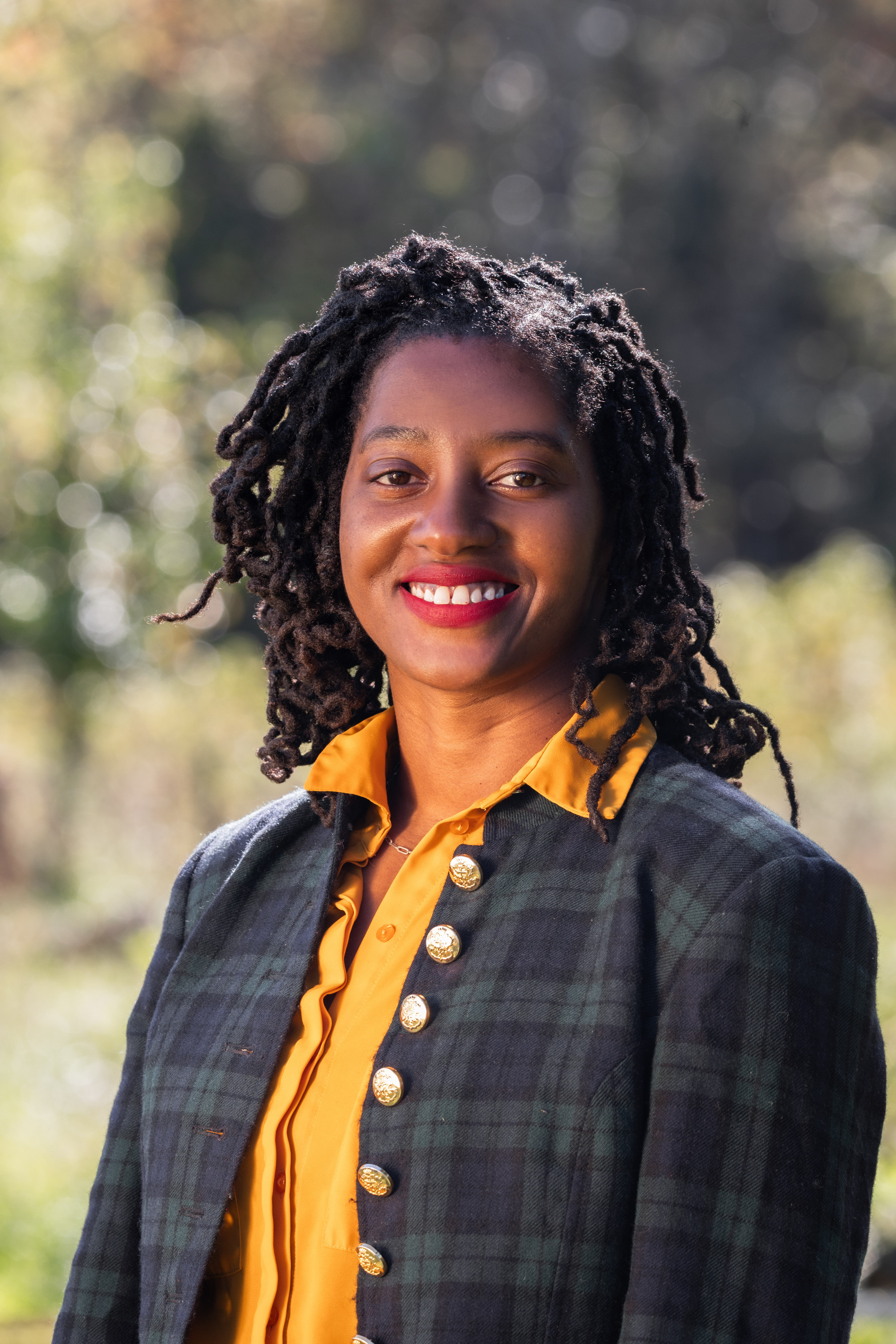Working for the Most Marginalized in Mind: Lessons that Led me to AFT
My earliest memories are of me pointing and counting all the mombe – or cows in the Shona language – on our family’s farmland in Zimbabwe, where I was born. I spent my first formative years there, after which we moved back to North Carolina. While we did not live on a farm, my grandmother had backyard chickens, and many of my neighbors had animals, including pigs. As a result, I always felt deeply connected to food. I recall being a picky eater and really enjoyed the opportunity to prepare a meal for my teacher and classmates in my high school courses. Building these skills around food in my own education motivated me to pursue a career in Family and Consumer Sciences (FCS) Education (a.k.a. Home Economics). There were obvious connections to agriculture along this path, and I grew more passionate about its connections to food systems more broadly. I taught high school for six years before transitioning to Cooperative Extension as a FCS Agent in Kentucky.
While working with families I learned a lot about the Food Justice Movement, which works to ensure universal access to nutritious, affordable, and culturally-appropriate food while advocating for the well-being and safety of those involved in the food production process. The movement aims to address disparities in food access, particularly for communities of color and low-income communities, by examining the structural roots of our food system. As an agent, I adapted the nationally recognized Power of Produce (POP) Club program to promote nutrition education, intergenerational connectedness, and knowing our farmers at the farmer’s market. This program highlighted the need for access to marginalized communities and low-income families and provided a solution to a problem. In this work, I realized that while our best intention for Cooperative Extension is to include anyone who wants to participate, if we do not center programs around the most marginalized, those folks will not show up.
I was led to American Farmland Trust through an email from my alma mater, North Carolina Agricultural and Technical State University. What intrigued me most about this position was supporting the work of the Women for the Land Learning Circles and connecting women to resources – with a strong focus on connecting Black women farmers and other women from marginalized groups. One of the reasons we are centering outreach with women, and specifically Black women, is that we have learned that if we don’t curate our work to a particular audience, we will fail to provide what they really need. I have always worked with underserved audiences, and it has given me a path and direction to work I feel the most passionate about.
After recently joining AFT, I had the chance to join the first in-person Learning Circles since the beginning of the COVID-19 pandemic in North Carolina and Virginia. As the young folks say, it was a vibe. It felt good to connect to women farmers hopeful about their future while providing the essential resources and support they seek.
Both Learning Circles were in partnership with the Black Family Land Trust, Inc. to provide information on Farm Service Agency programs. While the topics were similar, the execution made the experiences distinct. In North Carolina, we visited Little Washington Grower’s Group in Goldsboro and the Footprints in the Garden Farm in Mt. Olive. Both farms highlighted utilizing community and familial relationships to further their goals. Little Washington has a strong partnership with the city and provides hands-on learning experiences for youth interested in agriculture. Footprints in the Garden is a multi-generational family farm working on new ways to make agriculture viable for their family, appealing to younger generations to enter the field of agriculture and practice solid stewardship measures.
We visited Carter Family Farms – Africulture and Sweet Vines Winery in Virginia. Both farms highlighted utilizing agritourism to educate and elevate their farms. Carter Family Farms focuses on producing culturally appropriate vegetables, emphasizing practices and people of African descent to the contributions to agriculture in the United States. Sweet Vine Winery was a fun experience seeing how the landowner utilized her space to create a dynamic experience for weddings, wine tastings, and more.
Incorporating different components to our Women for the Land Learning Circles made the days a great success and allowed participants to foster relationships with each other and the technical service providers. Allowing time to reflect on where we are and where we want to go is a great way to push the needle further and let us at Women for the Land work together with participants to determine their needs and how we can provide the resources to support their success.
I am excited about this new role with AFT. I can provide support to those who are the most marginalized and need the connections to make their farming dreams viable and sustainable. Women for the Land’s reputation precedes me, and I am excited to be working with practitioners across the nation to support our goals.




